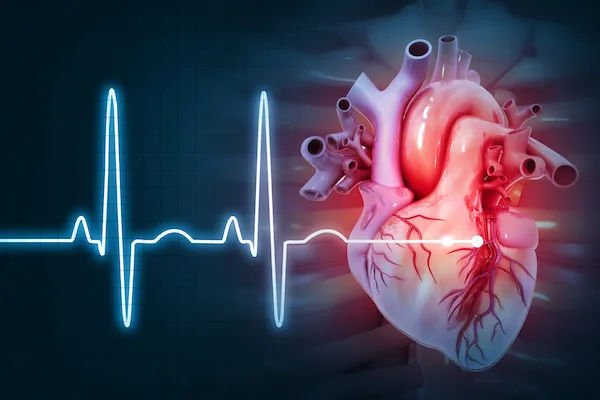- Male
- 49 Years
- 20/02/2025
I'm really worried because he's been taking Stamlo 5 once a day, but lately, his blood pressure still seems really high, around 109 low and 180 high. Should we be concerned about these numbers? Is there something else we should be doing to help manage it?
Answered by 1 Apollo Doctors
I would recommend increasing the dosage of Stamlo to Stamlo 10 (Amlodipine 10mg) once a day to better control his blood pressure levels. It is important to monitor his blood pressure regularly and consult with his healthcare provider for further guidance.
Dr. Dhankecha Suggests...
Consult a Cardiologist
Answered 04/07/2025
0
0

More Cardiology Health Queries
View allMy mother was diagnosed with gall bladder stones and is scheduled for surgery, but the doctor noticed something unusual in her heart X-ray and recommended an echo. The echo results came back as 4243 at the clinic but showed 2025 when repeated at a government hospital. Why are the readings so different and what should we do next?
Kindly share further details
Answered by 1 Apollo Doctors
I've been experiencing this odd sensation, like a bubble of air in my heart beat, since last Tuesday. I don't have any pain or tiredness, but it's concerning me. Should I be worried or get it checked out? What could this be?
Feeling like air bubbles in your heartbeat could be due to palpitations. It is important to monitor your symptoms and consult a doctor for proper evaluation. In the meantime, you can try taking Tab Metoprolol 25mg once daily to help with any irregular heartbeats.
Answered by 1 Apollo Doctors
I'm a bit worried about my mom. She's been dealing with Diabetes and Hypertension for about 12 years now, and shes been taking medications to keep them in check. Since last November, she started on Ecosprin AV 7520 daily. I'm kind of concerned about if there are any side effects from taking it every day and whether its necessary to have Aspirin free intervals?
No need to stop medications , all the medications are to be continued including ecosprin.
Answered by 1 Apollo Doctors
Disclaimer: Answers on Apollo 247 are not intended to replace your doctor advice. Always seek help of a professional doctor in case of an medical emergency or ailment.



 Purpose, Procedure, and Results.webp)

